9 High-Quality Dividend Stocks Yielding 5% or More
Dividend safety is a core element of conservative income investing and selecting dividend stocks.

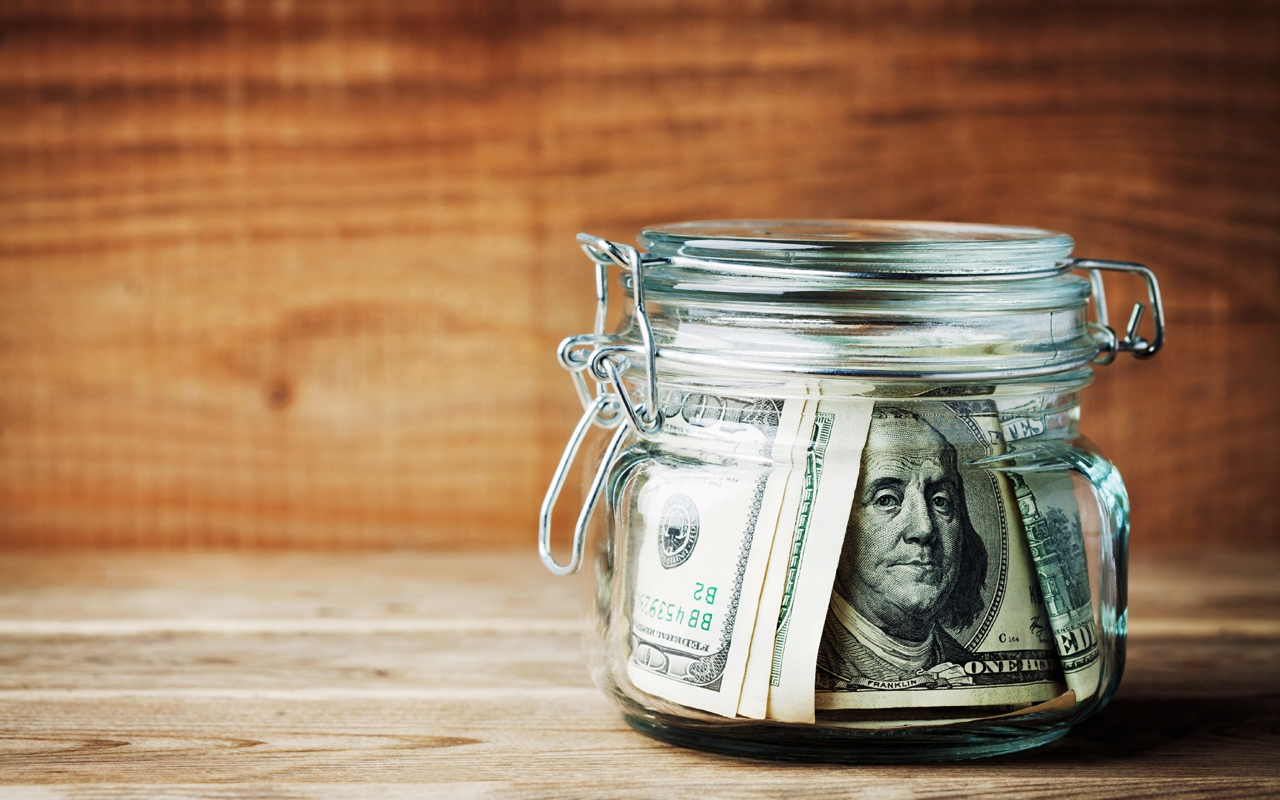
Profit and prosper with the best of Kiplinger's advice on investing, taxes, retirement, personal finance and much more. Delivered daily. Enter your email in the box and click Sign Me Up.
You are now subscribed
Your newsletter sign-up was successful
Want to add more newsletters?

Delivered daily
Kiplinger Today
Profit and prosper with the best of Kiplinger's advice on investing, taxes, retirement, personal finance and much more delivered daily. Smart money moves start here.

Sent five days a week
Kiplinger A Step Ahead
Get practical help to make better financial decisions in your everyday life, from spending to savings on top deals.

Delivered daily
Kiplinger Closing Bell
Get today's biggest financial and investing headlines delivered to your inbox every day the U.S. stock market is open.

Sent twice a week
Kiplinger Adviser Intel
Financial pros across the country share best practices and fresh tactics to preserve and grow your wealth.

Delivered weekly
Kiplinger Tax Tips
Trim your federal and state tax bills with practical tax-planning and tax-cutting strategies.

Sent twice a week
Kiplinger Retirement Tips
Your twice-a-week guide to planning and enjoying a financially secure and richly rewarding retirement

Sent bimonthly.
Kiplinger Adviser Angle
Insights for advisers, wealth managers and other financial professionals.

Sent twice a week
Kiplinger Investing Weekly
Your twice-a-week roundup of promising stocks, funds, companies and industries you should consider, ones you should avoid, and why.

Sent weekly for six weeks
Kiplinger Invest for Retirement
Your step-by-step six-part series on how to invest for retirement, from devising a successful strategy to exactly which investments to choose.
Dividend safety is a core element of conservative income investing and selecting dividend stocks. Not only does a payout cut reduce a portfolio’s income stream, but it can also significantly hurt a nest egg’s long-term returns.
Companies that cut or eliminated their dividends recorded an annual loss of 0.4% per year from 1972 through 2016 while being much more volatile than the broader market, according to data from Ned Davis Research.
No one wants to outlive their retirement savings, so seeking out safe dividend stocks clearly is an important capital preservation strategy.
Income-hungry investors tend to be drawn to stocks with higher yields. However, exercising caution to avoid companies with the greatest risk of reducing their dividends in the future is just as important.
The following nine dividend stocks appear to be high-quality businesses with safe and growing yields above 5%. Here’s a closer look.
Data is as of March 22, 2018. Dividend yields are calculated by annualizing the most recent quarterly payout and dividing by the share price. Click on ticker-symbol links in each slide for current share prices and more.
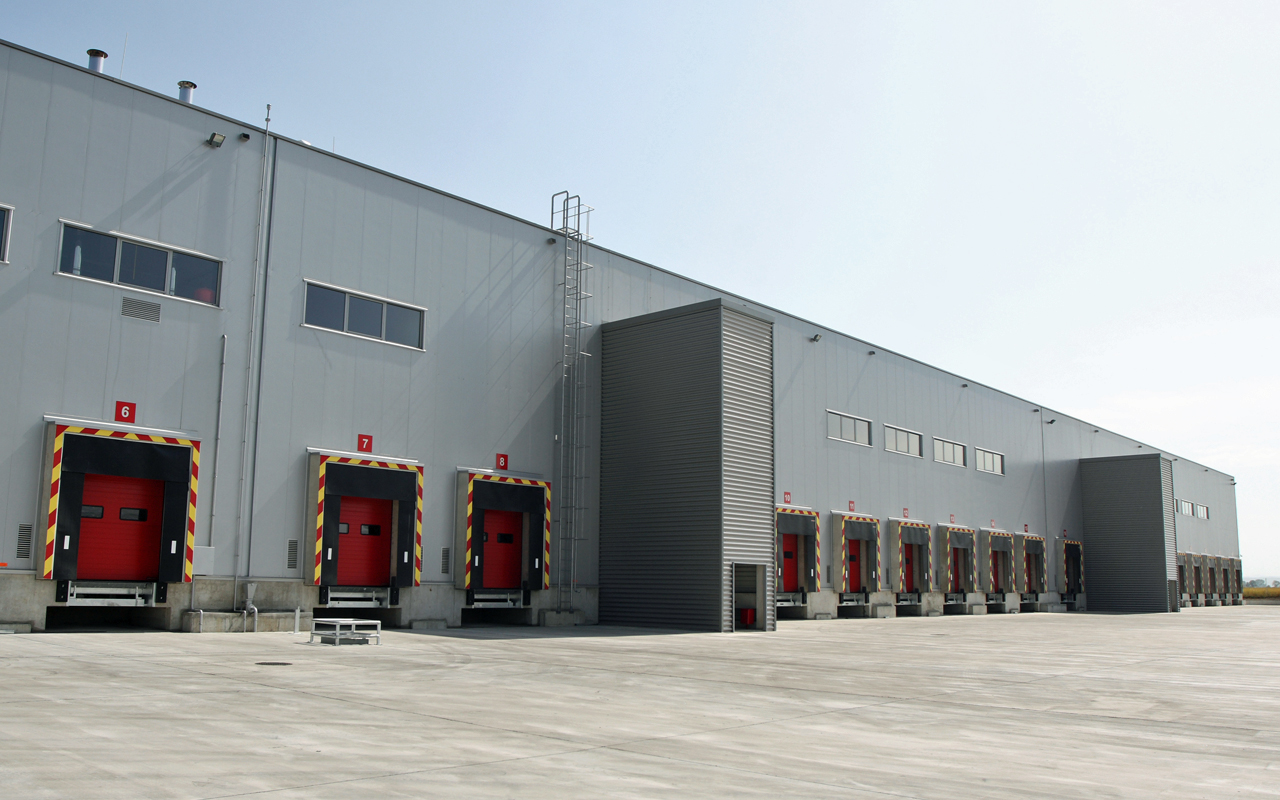
W.P. Carey
- Market value: $6.6 billion
- Dividend yield: 6.6%
Diversified sources of cash flow can help improve the safety of a company’s dividend, and W.P. Carey (WPC, $61.18) really delivers on this front.
The real estate investment trust runs a balanced business with industrial-focused properties accounting for 30% of its portfolio, followed by office buildings (25%), retail (17%), warehouses (14%) and self-storage (5%). About a third of the business is outside of the U.S., and its top 10 tenants – which include German retailer Hellweg, U-Haul and Marriott (MAR) – account for just 32% of total rent.
Management has also focused the business on high quality properties, as demonstrated by W.P. Carey’s 99.8% occupancy rate. With a weighted average lease term near 10 years and 99% of its leases containing contractual rent escalations, cash flow is very predictable and somewhat insulated from an inflationary environment.
All of these factors, combined with the company’s investment-grade credit ratings from Standard & Poor's and Moody’s, have enabled management to reliably raise the dividend each year since WPC went public in 1998.
Analysts expect W.P. Carey’s adjusted funds from operations (AFFO) per share to rise around 1% over the next year, which would put its AFFO payout ratio at a conservative level of 75%. In other words, its dividend should remain on very solid ground for the foreseeable future.

Main Street Capital
- Market value: $2.2 billion
- Dividend yield: 6.1%
- Main Street Capital (MAIN, $37.28) is a monthly dividend stock that serves an essential role in the U.S. economy by providing capital to mid-sized private businesses. These companies use the debt or equity funding provided by Main Street for leveraged buyout deals, acquisitions, recapitalizations and growth initiatives.
Despite the inherent risks in the lending business, Main Street’s conservatism can be seen in its investment-grade credit rating, and ability to continue paying regular dividends (it switched from quarterly to monthly in 2008) without interruption for more than a decade, including during the financial crisis.
Management also has made sure to keep a diversified investment portfolio to reduce risk, with no industry representing more than 7% of the portfolio’s value, and the largest portfolio company accounting for just 4.6% of total investment income.
Besides its portfolio diversification, Main Street’s payout safety benefits from the firm’s efficient internally managed operating structure. Specifically, the company’s ratio of operating expenses to total assets sits near 1.5%, which is about half of the industry’s average.
Lower costs improve profitability and allow the company to pursue more conservative loans, which bodes well for the dividend’s security if and when the next recession hits.
MORE FROM SIMPLY SAFE DIVIDENDS: Warren Buffett’s Dividend Portfolio
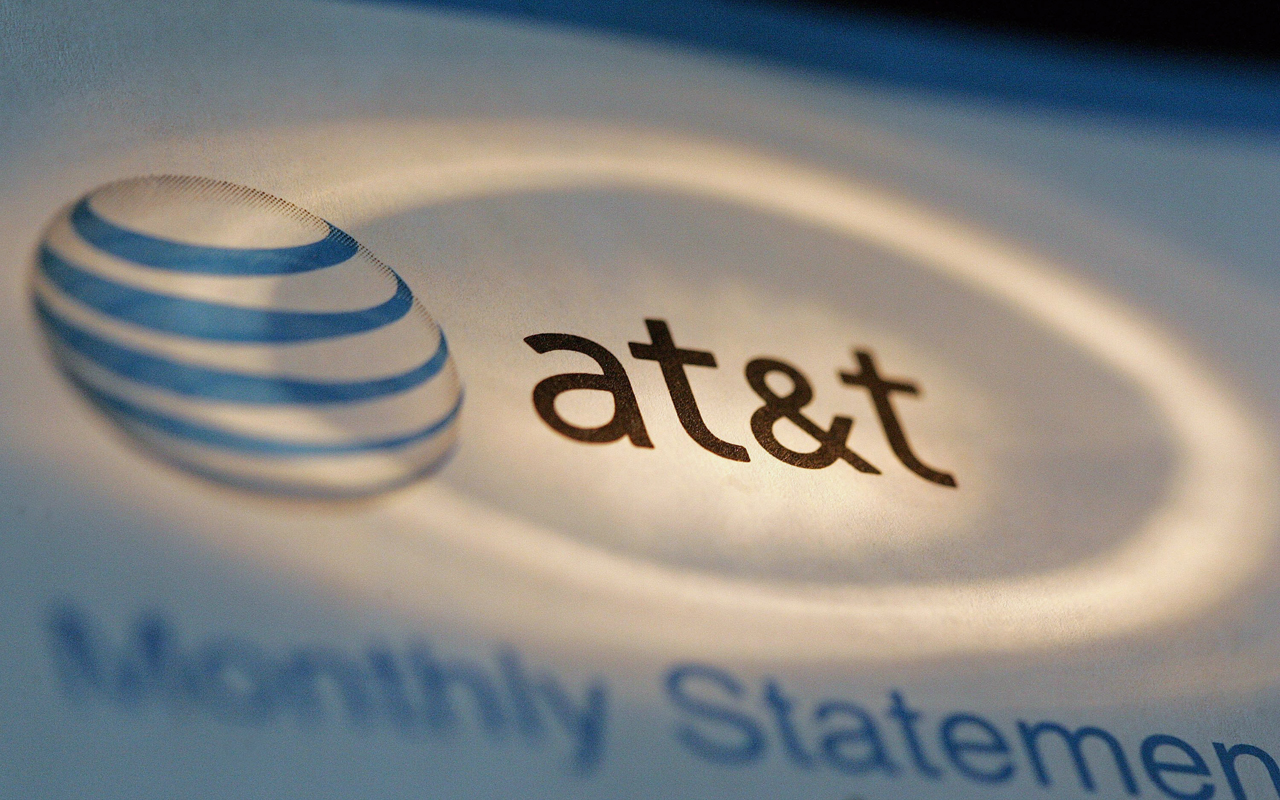
AT&T
- Market value: $229.1 billion
- Dividend yield: 5.6%
- AT&T (T, $35.37) is an absolute giant in the telecom and media industries and generated more than $160 billion in revenue last year. With more than 155 million wireless customers in North America, 47 million pay TV connections and 16 million internet subscribers, AT&T derives meaningful advantages from its size.
Morningstar senior equity analyst Allan C. Nichols believes AT&T has somewhat of a moat because of “the cost advantage and efficient scale of its wireless business and the cost advantage of its wired businesses. These advantages should enable the firm to generate excess returns on capital, more likely than not, over the next decade.”
The company’s economies of scale have allowed it to consistently generate positive free cash flow each year for more than a decade while paying higher dividends annually for 34 straight years.
Competition is fierce in many of the company’s markets, and AT&T has taken on significant debt to acquire businesses outside of its core the wireless operations. There is also some strategic uncertainty as the Time Warner (TWX) deal remains in regulatory limbo and the pay TV market evolves quickly with the continued rise of over-the-top services.
Despite these challenges, AT&T’s dividend appears to remain solid. The company’s adjusted earnings payout ratio is projected to dip below 60% over the next year, reaching its lowest level since 2008.
Even if the Time Warner deal closes, resulting in an ever-higher debt load and meaningful new share issuance, Simply Safe Dividends estimates that AT&T’s free cash flow ratio would likely sit between 70% and 80%. In other words, while future payout growth may be muted as AT&T pays down debt in the years ahead, the stock’s high current yield still should be safe.
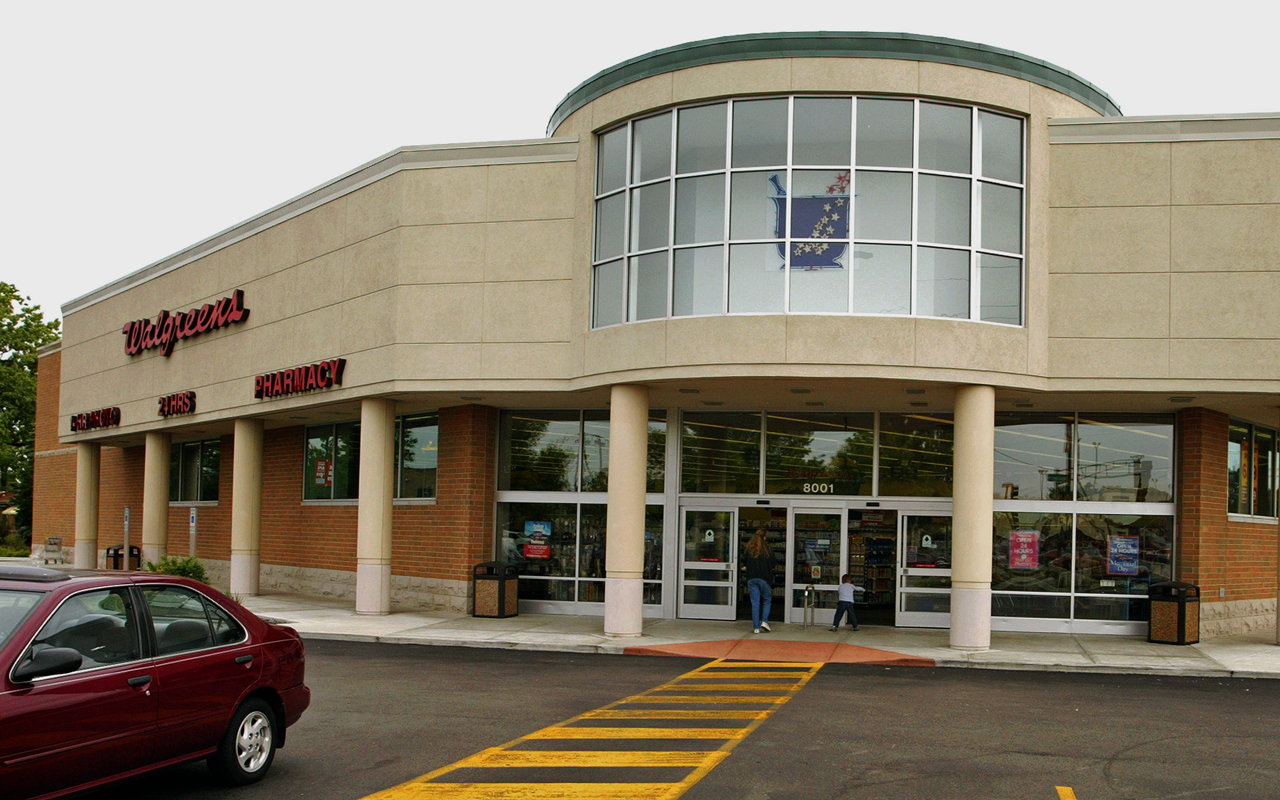
Realty Income
- Market value: $14.2 billion
- Dividend yield: 5.1%
Known as “The Monthly Dividend Company,” Realty Income (O, $49.87) is a high-quality real estate investment trust that has paid uninterrupted dividends for nearly 50 years.
The company owns more than 5,000 commercial properties that are diversified nicely by industry (none greater than 10.6% of rent), tenant (the largest is 6.5% of rent) and geography (the largest state exposure is under 10% of rental revenue).
Importantly, management has focused on quality within each of those buckets. For example, half of the company’s 20 largest tenants have investment-grade credit ratings. Realty’s four largest industries (drug stores, convenience stores, dollar stores, health and fitness) also are largely resistant to the rise of e-commerce.
Morningstar equity analyst Brad Schwer recently commented that “Realty Income remains well positioned in the current retail environment. Over 90% of its revenue comes from tenants with non-discretionary, service-oriented, or low-price components of their businesses.”
Realty Income’s high yield should remain safe for the foreseeable future, and management even recently announced the company’s 96th monthly dividend increase.
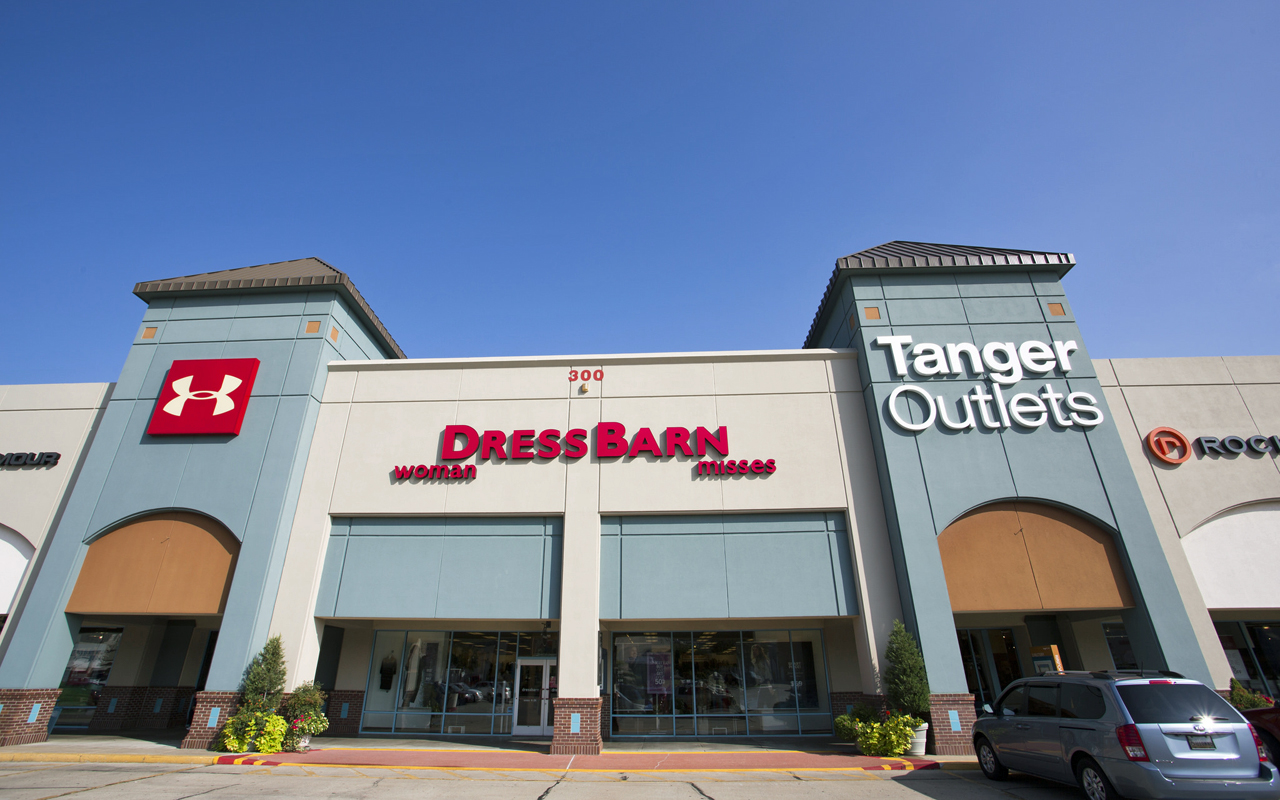
Tanger Factory Outlet Centers
- Market value: $229.1 billion
- Dividend yield: 5.6%
- Tanger Factory Outlet Centers (SKT, $21.77) has a portfolio of 44 upscale outlet centers that lease more than 15 million square feet of space to nearly 500 brand-name retail companies that operate more than 3,100 stores.
While the retail environment is notoriously competitive and difficult to thrive in over the long term due to fickle consumer tastes, Tanger has been a clear success story.
Impressively, the business has increased its dividend each year since going public in 1993. Management’s focus on differentiated properties, quality tenants with in-demand products, and financial conservatism have helped.
CFRA equity analyst Chris Kuiper, CFA expects “relatively stable demand for Tanger’s space as the outlet venue will remain a differentiator for retailers that continue to face pressure in traditional stores and malls.” However, he also noted that Tanger expects same-store net operating income to be flat to down 1% in 2018, so little dividend growth is likely until the environment improves.
With no plans to build new shopping centers this year, Tanger is generating substantial cash flow that is expected to bring its AFFO payout ratio below 70%, according to Simply Safe Dividends. So while brick-and-mortar retail has its challenges, but Tanger appears to be one of the financially healthiest and most conservative companies in the space for safety-seeking income investors to consider.
MORE FROM SIMPLY SAFE DIVIDENDS: A Guide to Investing in REITs

Southern Company
- Market value: $44.2 billion
- Dividend yield: 5.3%
- Southern Company’s (SO, $43.81) last few years have been a relatively wild ride for a regulated utility. Several multibillion-dollar construction projects have blown through their initial budgets and faced delays, creating a good deal of regulatory uncertainty and financial constrain.
So why is Southern Company on this list of safe, high-yielding dividend stocks to consider?
Simply put, the worst seems to be behind the company, improving Southern’s dividend safety and long-term growth outlook.
Specifically, in December 2017, Georgia regulators approved Southern’s proposal to continue the construction of its nuclear reactors, as well as its updated cost and delivery schedule.
Morningstar analyst Charles Fishman, CFA, commented in February that the firm is “confident that the company can get back to its 4%-6% long-term EPS growth target. We believe the company can exceed 6% growth in the next decade if the new nuclear units at Vogtle come in on schedule and on budget.” Fishman noted that the project is eight months ahead of the revised schedule that regulators approved, so the outlook could indeed finally be brightening.
Project issues aside, Southern Company has paid uninterrupted dividends since 1948, driven largely by the predictable nature of its earnings, almost all of which are generated from regulated activities.
As management (finally) delivers on the nuclear projects that have weighed on the firm in recent years, SO should continue offering income investors a nice blend of generous yield and moderate payout growth.

Iron Mountain
- Market value: $9.0 billion
- Dividend yield: 7.2%
- Iron Mountain (IRM, $31.64) converted to a real estate investment trust in 2014 and serves the information storage, management and data center needs of more than 225,000 customers in a wide range of industries.
The physical storage business has proven to be a reliable cash cow over the years. in fact, IRM notes that half of the boxes stored in its facilities 15 years ago still remain there today.
While it’s true that the world is becoming more digital by the day, physical storage needs continue growing. Iron Mountain has seen its worldwide box volume increase in each of the past five years, for example. However, Iron Mountain is not resting on its laurels. The company plans to shift more of its revenue mix to developing markets, data centers and other adjacent businesses over the next several years and beyond.
As the company’s profitable growth plans play out, management expects leverage to decline and the payout ratio to become even safer.
Conservative income investors will also be pleased to hear that the minimum dividend per share is forecast to rise from $2.35 in 2018 to at least $2.54 in 2020, providing a little growth to go along with the high yield.

STORE Capital
- Market value: $4.8 billion
- Dividend yield: 4.9%
- STORE Capital (STOR, $24.46) recently dropped just below the 5% level, but has been trading either just above or just below a 5% yield for most of the past year. This REIT popped up on many dividend investors’ radars when news surfaced that Warren Buffett’s firm Berkshire Hathaway (BRK.B) had purchased approximately 10% of its shares in 2017.
STORE owns a well-diversified portfolio consisting of nearly 2,000 properties leased by approximately 400 customers including the likes of AMC Entertainment (AMC), Applebee's and Bass Pro Shops. Its business model generates predictable cash flow thanks to its average remaining lease term of 14 years and 99.6% occupancy rate.
Even better, roughly two-thirds of STORE’s assets are service-focused properties, including movie theaters, fitness clubs and early childhood education centers. As a result, the rise of digital shopping is less of a concern.
Warren Buffett likes to buy well-managed companies with a long runway for growth, and STORE Capital delivers in this area as well.
Management estimates that its target property market exceeds $3.3 trillion in value and includes more than 1.9 million locations (nearly 1,000 times more than the company owns today).
With Berkshire Hathaway providing a vote of confidence in the business, STORE Capital should have plenty of ability to continue pursuing profitable property acquisitions while growing its dividend along the way.

Enterprise Products Partners L.P.
- Market value: $53.0
- Distribution yield: 6.8%*
- Enterprise Products Partners L.P. (EPD, $24.46) is one of the highest quality firms in the space and was quick to issue a press release stating it expected no material impact to its financial results from the news.
Many master limited partnerships (MLPs) were hit hard in mid-March when the Federal Energy Regulatory Commission revised its 2005 tax policy to disallow interstate pipelines owned by MLPs to recover a tax allowance in the rates they charge customers.
The partnership owns a network of storage and processing facilities, as well as 50,000 miles of pipelines that help move natural gas, oil and various energy products across the country. Its transportation network connects to every U.S. major shale basin and should benefit over time as domestic energy production continues rising (thanks largely to low-cost fracking technologies).
While some MLPs have stretched their financial limits for the sake of growth, Enterprise Products Partners L.P. has taken a much more disciplined approach. In fact, management is retaining more internally generated cash flow with a goal to have the company self-fund the equity portion of its growth capital beginning in 2019. Doing this will reduce EPD’s dependence on fickle investor sentiment.
The company also enjoys an investment-grade credit rating and maintains an average distribution coverage ratio of 1.2. This financial conservatism has enabled Enterprise to grow its distribution for 54 consecutive quarters.
The outlook for payout growth remains firm. Argus analyst Bill Selesky is optimistic about the projects Enterprise is rolling out over the coming years. He expects “these projects and existing assets to support distribution growth of 5%-6% over the next 18-24 months.”
*Master limited partnerships pay distributions, which are similar to dividends, but are treated as tax-deferred returns of capital and require different paperwork come tax time.
Brian Bollinger was long T and WPC as of this writing.
MORE FROM SIMPLY SAFE DIVIDENDS: Top High Dividend Stocks
Profit and prosper with the best of Kiplinger's advice on investing, taxes, retirement, personal finance and much more. Delivered daily. Enter your email in the box and click Sign Me Up.

Brian Bollinger is President of Simply Safe Dividends, a company that provides online tools and research designed to help investors generate safe retirement income from dividend stocks without the high fees associated with many other financial products.
-
 Dow Adds 1,206 Points to Top 50,000: Stock Market Today
Dow Adds 1,206 Points to Top 50,000: Stock Market TodayThe S&P 500 and Nasdaq also had strong finishes to a volatile week, with beaten-down tech stocks outperforming.
-
 Ask the Tax Editor: Federal Income Tax Deductions
Ask the Tax Editor: Federal Income Tax DeductionsAsk the Editor In this week's Ask the Editor Q&A, Joy Taylor answers questions on federal income tax deductions
-
 States With No-Fault Car Insurance Laws (and How No-Fault Car Insurance Works)
States With No-Fault Car Insurance Laws (and How No-Fault Car Insurance Works)A breakdown of the confusing rules around no-fault car insurance in every state where it exists.
-
 What Fed Rate Cuts Mean For Fixed-Income Investors
What Fed Rate Cuts Mean For Fixed-Income InvestorsThe Fed's rate-cutting campaign has the fixed-income market set for an encore of Q4 2024.
-
 The Most Tax-Friendly States for Investing in 2025 (Hint: There Are Two)
The Most Tax-Friendly States for Investing in 2025 (Hint: There Are Two)State Taxes Living in one of these places could lower your 2025 investment taxes — especially if you invest in real estate.
-
 The Final Countdown for Retirees with Investment Income
The Final Countdown for Retirees with Investment IncomeRetirement Tax Don’t assume Social Security withholding is enough. Some retirement income may require a quarterly estimated tax payment by the September 15 deadline.
-
 The 24 Cheapest Places To Retire in the US
The 24 Cheapest Places To Retire in the USWhen you're trying to balance a fixed income with an enjoyable retirement, the cost of living is a crucial factor to consider. Is your city the best?
-
 Dividends Are in a Rut
Dividends Are in a RutDividends may be going through a rough patch, but income investors should exercise patience.
-
 Bond Basics: How to Reduce the Risks
Bond Basics: How to Reduce the Risksinvesting Bonds have risks you won't find in other types of investments. Find out how to spot risky bonds and how to avoid them.
-
 Bond Ratings and What They Mean
Bond Ratings and What They Meaninvesting Bond ratings measure the creditworthiness of your bond issuer. Understanding bond ratings can help you limit your risk and maximize your yield.
-
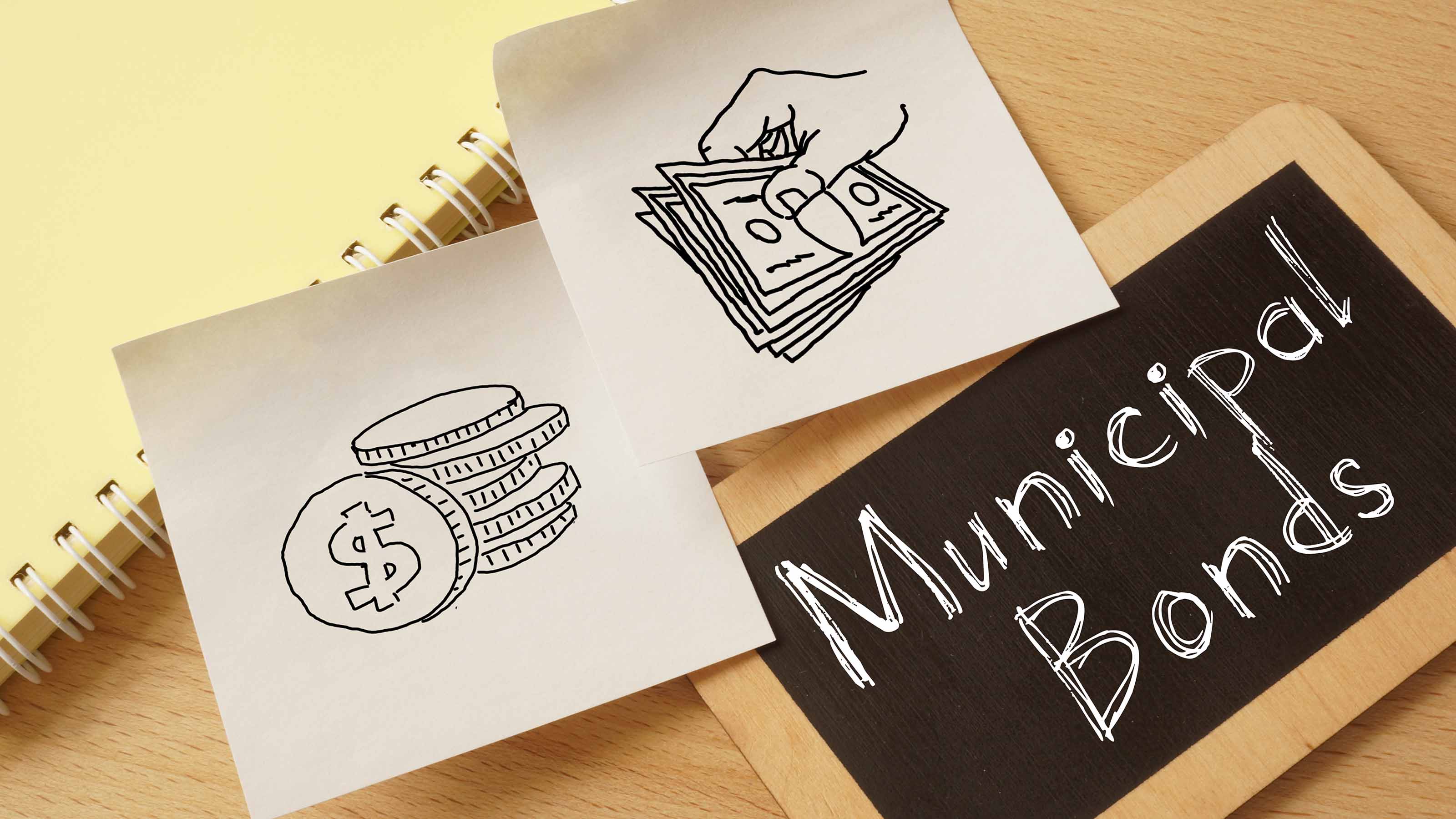 Municipal Bonds Stand Firm
Municipal Bonds Stand FirmIf you have the cash to invest, municipal bonds are a worthy alternative to CDs or Treasuries – even as they stare down credit-market Armageddon.
